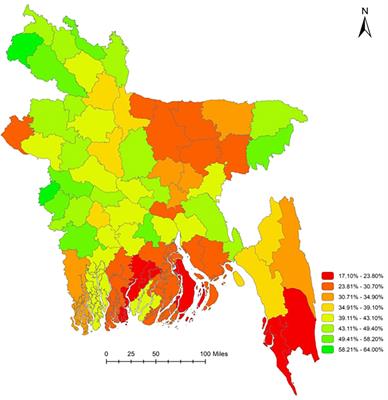OPINION
Published on 22 Jul 2022
Addressing consequences of school closure on oral health care of children during COVID-19
doi 10.3389/fped.2022.725977
- 1,411 views
6,763
Total downloads
29k
Total views and downloads
OPINION
Published on 22 Jul 2022
ORIGINAL RESEARCH
Published on 08 Jul 2022

ORIGINAL RESEARCH
Published on 17 May 2022

REVIEW
Published on 17 May 2022

ORIGINAL RESEARCH
Published on 30 Jul 2021

ORIGINAL RESEARCH
Published on 04 Jun 2021

ORIGINAL RESEARCH
Published on 28 May 2021

